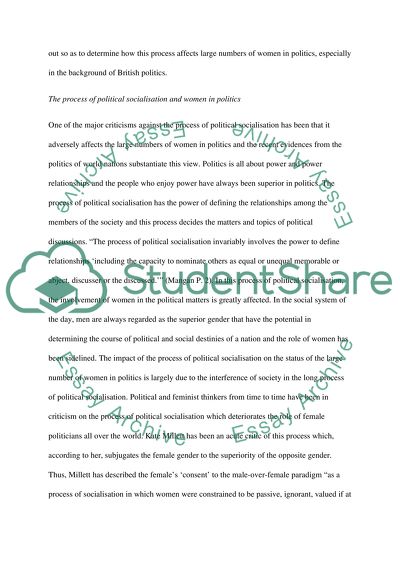Cite this document
(“Political Socialisation Essay Example | Topics and Well Written Essays - 2000 words”, n.d.)
Political Socialisation Essay Example | Topics and Well Written Essays - 2000 words. Retrieved from https://studentshare.org/politics/1523343-political-socialisation
Political Socialisation Essay Example | Topics and Well Written Essays - 2000 words. Retrieved from https://studentshare.org/politics/1523343-political-socialisation
(Political Socialisation Essay Example | Topics and Well Written Essays - 2000 Words)
Political Socialisation Essay Example | Topics and Well Written Essays - 2000 Words. https://studentshare.org/politics/1523343-political-socialisation.
Political Socialisation Essay Example | Topics and Well Written Essays - 2000 Words. https://studentshare.org/politics/1523343-political-socialisation.
“Political Socialisation Essay Example | Topics and Well Written Essays - 2000 Words”, n.d. https://studentshare.org/politics/1523343-political-socialisation.


